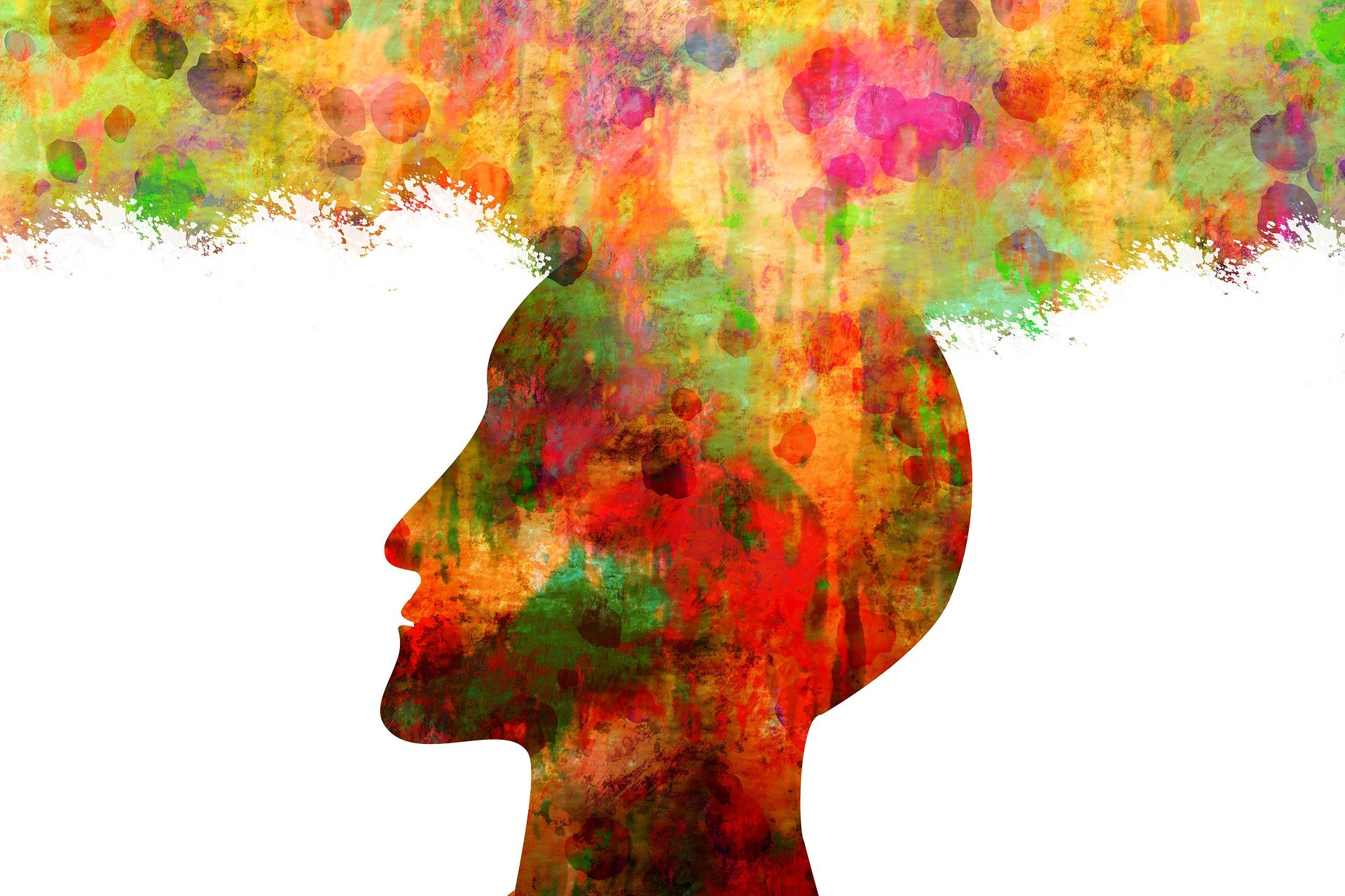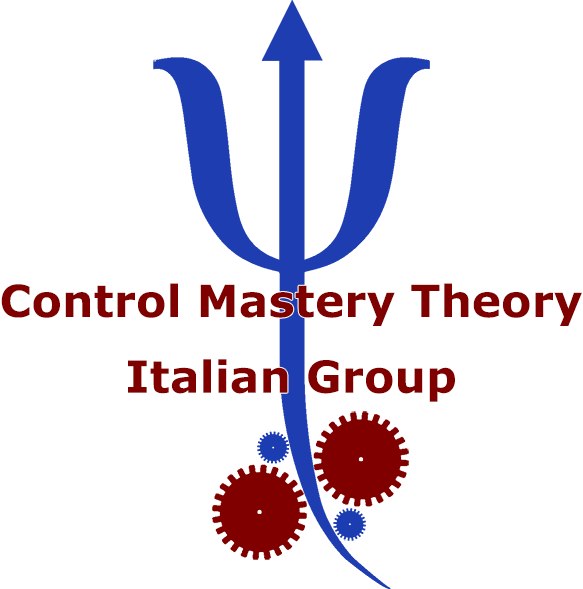
Dal Volume 30, 2021 di International Forum of Psychoanalysis
This paper aims to emphasize the fundamental role of unconscious processes in our adaptation. We will point out how we are able to unconsciously perform higher mental functions such as setting goals and planning how to pursue them, dealing with complex data, and making choices and judgments. In the first part of this paper, we will describe the main features of conscious and unconscious processes as pointed out by recent empirical research studies, and we will see how safety is essential in pursuing our fundamental goals, and how unconscious mental processes are strongly oriented towards preserving our safety and pursuing these goals. Finally, we will discuss control-mastery theory (CMT), an integrative, relational, cognitive-dynamic theory of mental functioning, psychopathology, and psychotherapy processes developed by Joseph Weiss and empirically validated by Weiss, Harold Sampson, and the San Francisco Psychotherapy Research Group over the last 50 years. This conceptualizes unconscious processes starting from this “higher unconscious mental functioning” paradigm and, in accordance with research data, stresses that our main goal is to adapt to reality and pursue adaptive developmental goals while preserving our safety. Three clinical vignettes will help show how the concepts proposed by CMT have important implications for therapeutic process.
Per continuare a leggere, cliccare QUI
